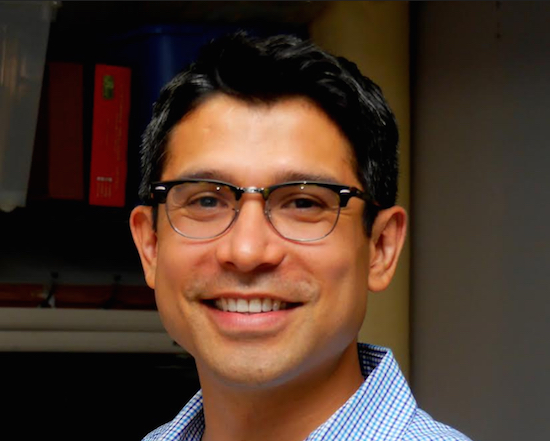Sunset Park activists, officials, environmentalists quick to endorse wind-energy proposal

Sunset Park community leaders as well as local and national activists on Tuesday applauded the New York State Energy Research and Development Authority (NYSERDA’s) commitment to invest in the necessary port infrastructure improvements to make Sunset Park’s industrial waterfront into an offshore wind energy hub.
The South Brooklyn Marine Terminal (SBMT) is New York City’s largest industrial waterfront and, according to advocates, is the only site in New York State suitable for assembly of offshore wind turbines without the long-term reconstruction other sites would require in order to accommodate the vessel depth and large footprint needed to assemble the massive component parts of wind turbines.
With the investment of $200 million in port upgrades, advocates said, the Sunset Park, Brooklyn industrial waterfront will become the hub of the offshore wind industry for New York and the region and home to thousands of well-paying, green collar jobs for people with a variety of educational backgrounds and work experiences.

Brooklyn Boro
View MoreNew York City’s most populous borough, Brooklyn, is home to nearly 2.6 million residents. If Brooklyn were an independent city it would be the fourth largest city in the United States. While Brooklyn has become the epitome of ‘cool and hip’ in recent years, for those that were born here, raised families here and improved communities over the years, Brooklyn has never been ‘uncool’.